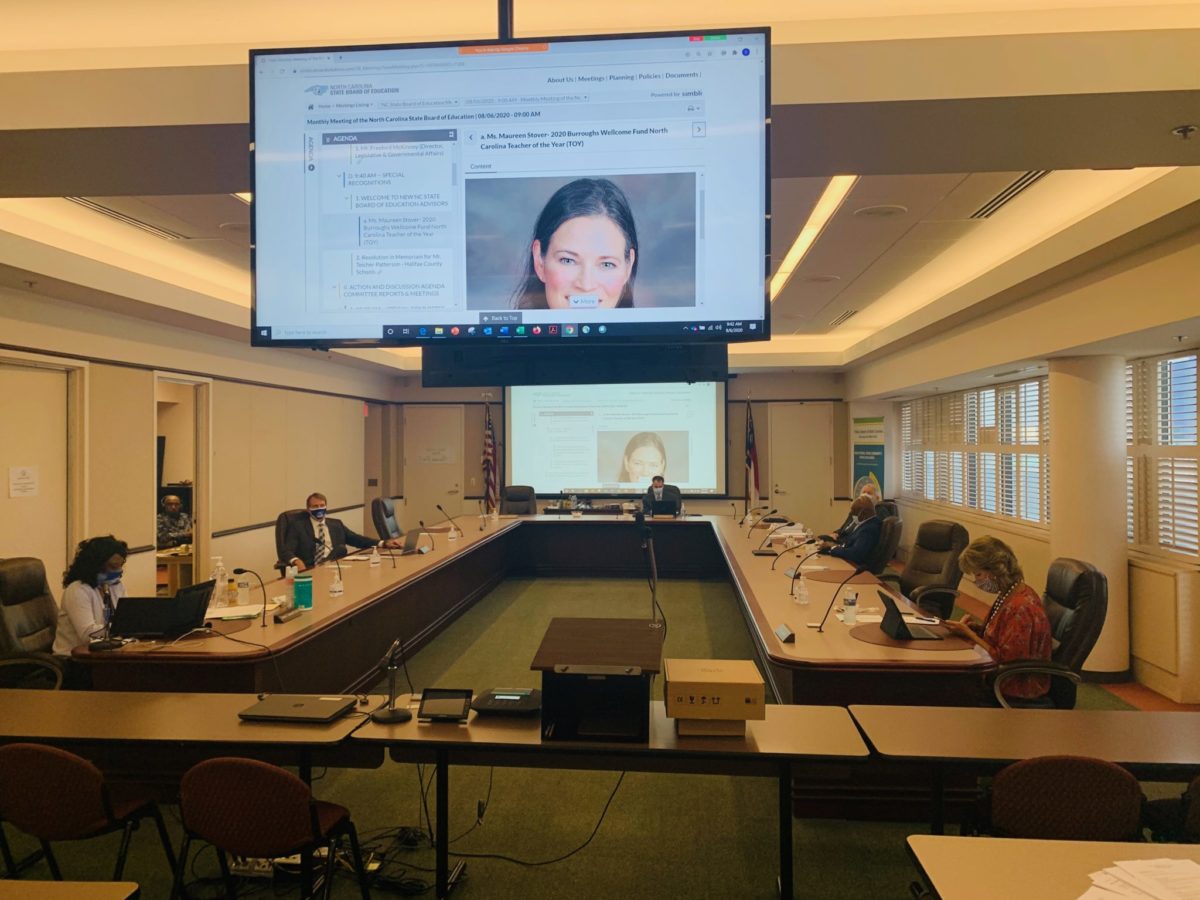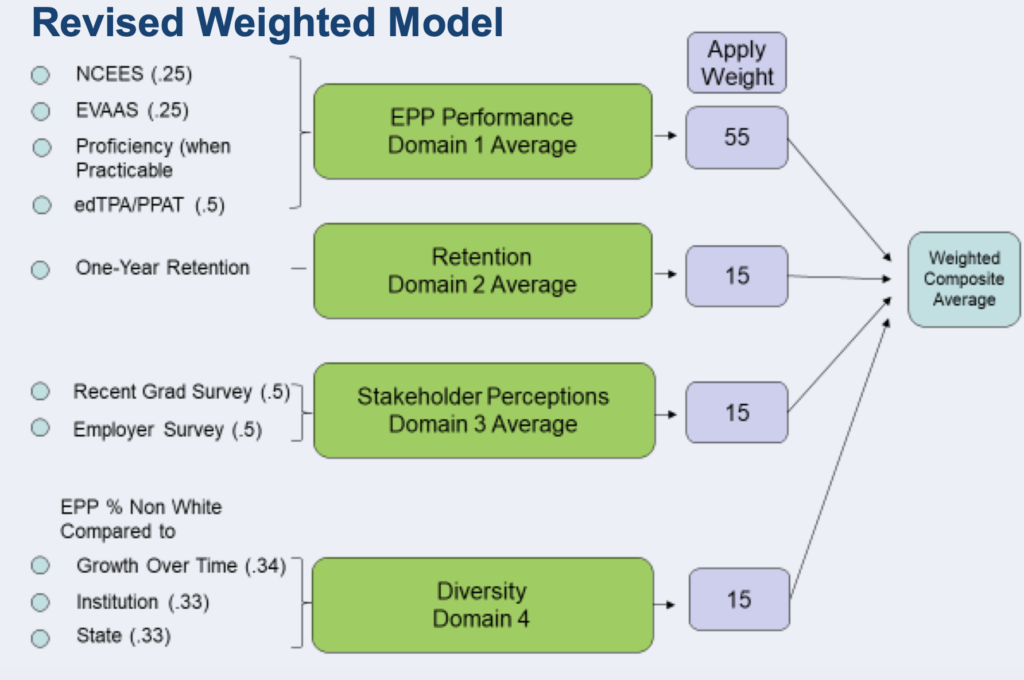

The State Board of Education discussed a new accountability model for state educator preparation programs (EPP) that would judge them based on performance, retention rate, stakeholder perceptions, and diversity.
The model has been a long time coming, as both the State Board of Education and the Professional Educator Preparation and Standards Commission (PEPSC) have been working to find a suitable model with which to evaluate the programs.
Initially, PEPSC came up with a program that did not include diversity as part of the accountability model. Demographics would have been a two-year pilot domain so that the state could collect data about the potential consequences of actually incorporating it into the accountability model. Under that plan, demographics wouldn’t have impacted the score an EPP receives.
This was done because of concerns that educator preparation programs did not have as much control over that criteria as they did in others. For instance, if a college’s population was mostly white and female, it might be hard for an EPP to meet diversity requirements given the fact that the pool they had to draw from wasn’t that diverse to begin with.
But when the State Board heard the plan, members balked, wanting PEPSC to find a way to incorporate diversity.
The new plan would split up the diversity section using three components: growth in percent of non-white students over time, comparison of the percent of non-white students in the EPP to the overall college population, and comparison of the percent of non-white students in the EPP to the state as a whole. Other measures may be added over time.
The weight of the four components of the accountability system is:
- EPP performance: 55%
- Retention: 15%
- Stakeholder perceptions: 15%
- Diversity: 15%


“I know you all have worked extremely hard and been diligent on this for an elongated period of time,” said Board member James Ford, one of those Board members who was advocating for the inclusion of the diversity measure into the model.
The State Board cannot single-handedly approve the model, but rather will decide next month whether the model should be recommended for approval by the General Assembly. The State Board cannot adopt the model without authorization from lawmakers.
Comprehensive reading plan
The State Board of Education also heard about a Comprehensive Reading Plan developed by the state Department of Public Instruction (DPI). The plan is required by legislation, and seeks to “develop, implement, and continuously evaluate a comprehensive plan to improve reading achievement in the public schools.”
Leandro plan
State Board Chair Eric Davis said that he and state Superintendent Mark Johnson were announcing the creation of a new position, installing Beverly Emory in an executive role to work on fulfilling the priorities of Leandro and on school turnaround.
Emory is currently the deputy superintendent of district support at DPI.
Davis said the proposal came from Johnson.
“I want to express my gratitude to Superintendent Johnson for bringing this opportunity,” he said.
The Leandro case has been a long-running theme in North Carolina education since 1994 when families from five low-wealth counties sued the state, claiming North Carolina was not providing their kids with the same educational opportunities as students in higher-income districts. The State Supreme Court ultimately said that the state’s children have a fundamental right to the “opportunity to receive a sound basic education” and that North Carolina had not lived up to that constitutional requirement.
Both sides in the Leandro case agreed back in 2017 that an independent consultant should be chosen to make recommendations on how the state can ensure quality education for every North Carolina child.
That consultant was WestEd, and the organization released a report in late 2019 that laid out how the state can ensure that all students in North Carolina have the opportunity for a “sound basic education.”
A consent order followed, signed by the judge in the case, and the next step was for the parties to deliver a report that laid out how to meet the short-term goals of the West-Ed report. That report dropped in June.


